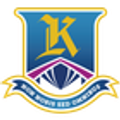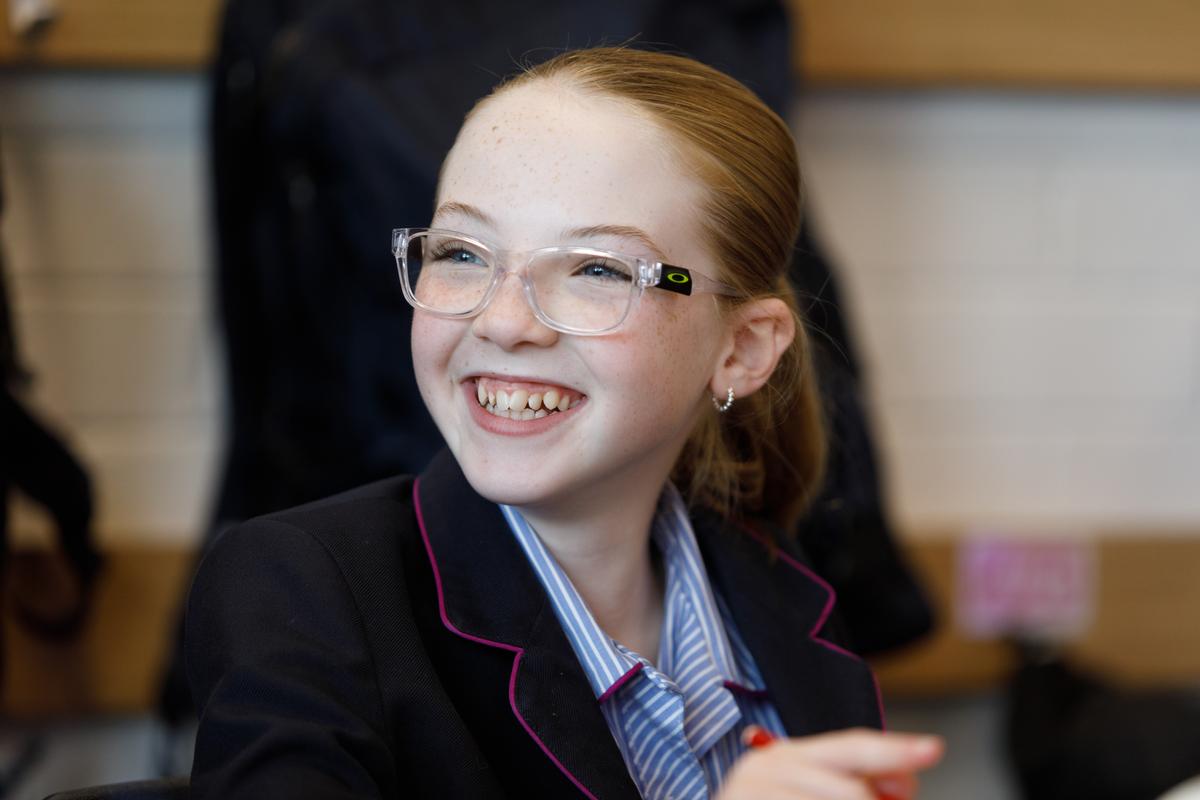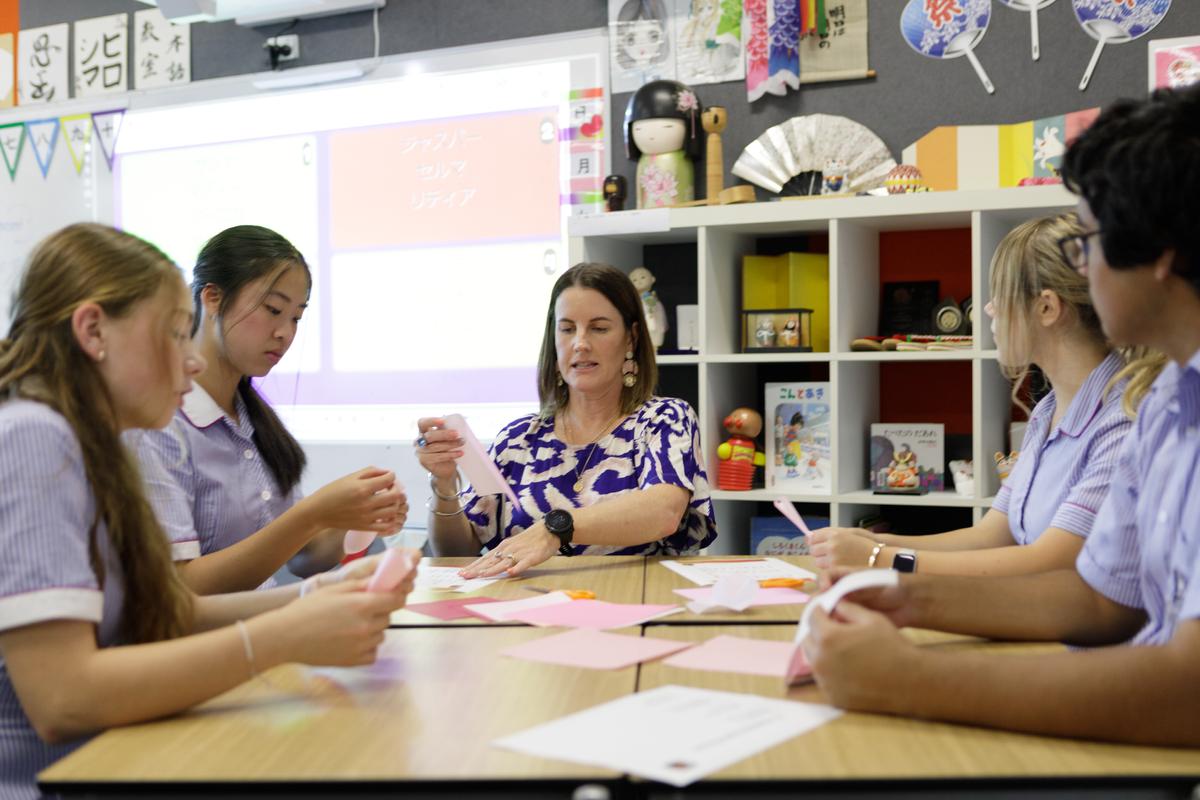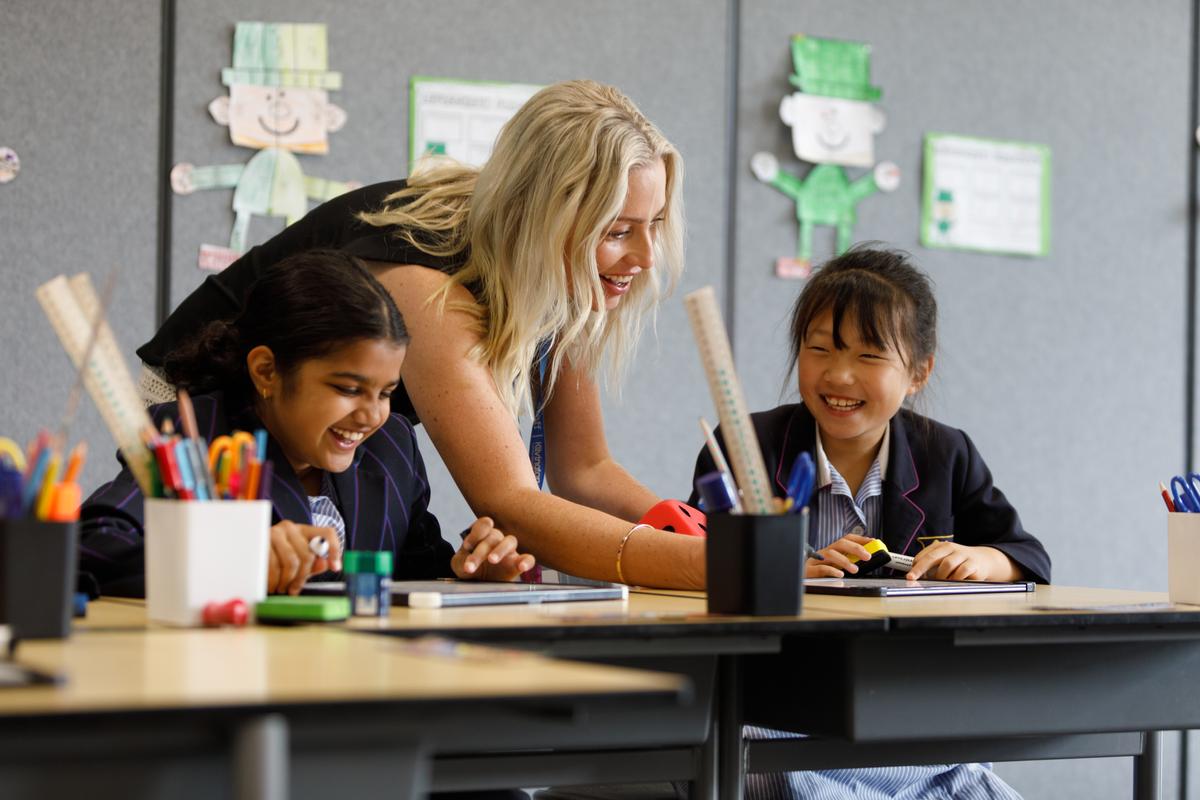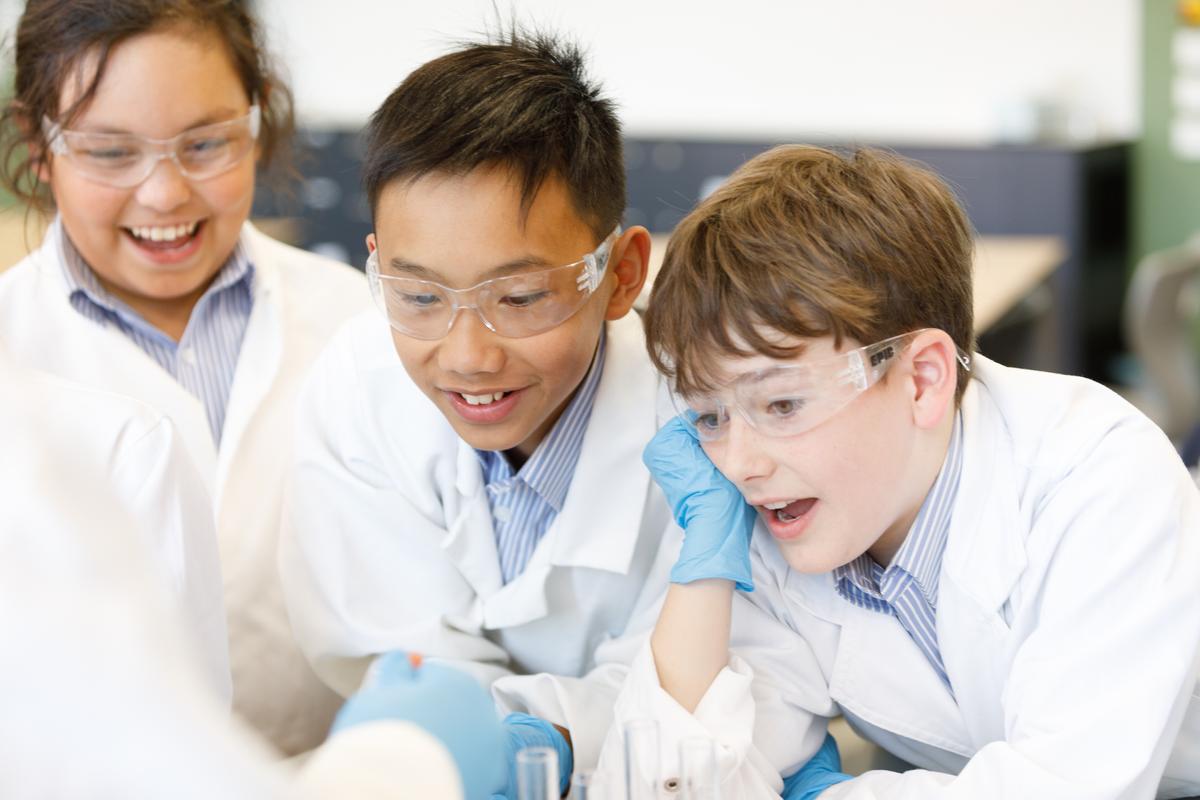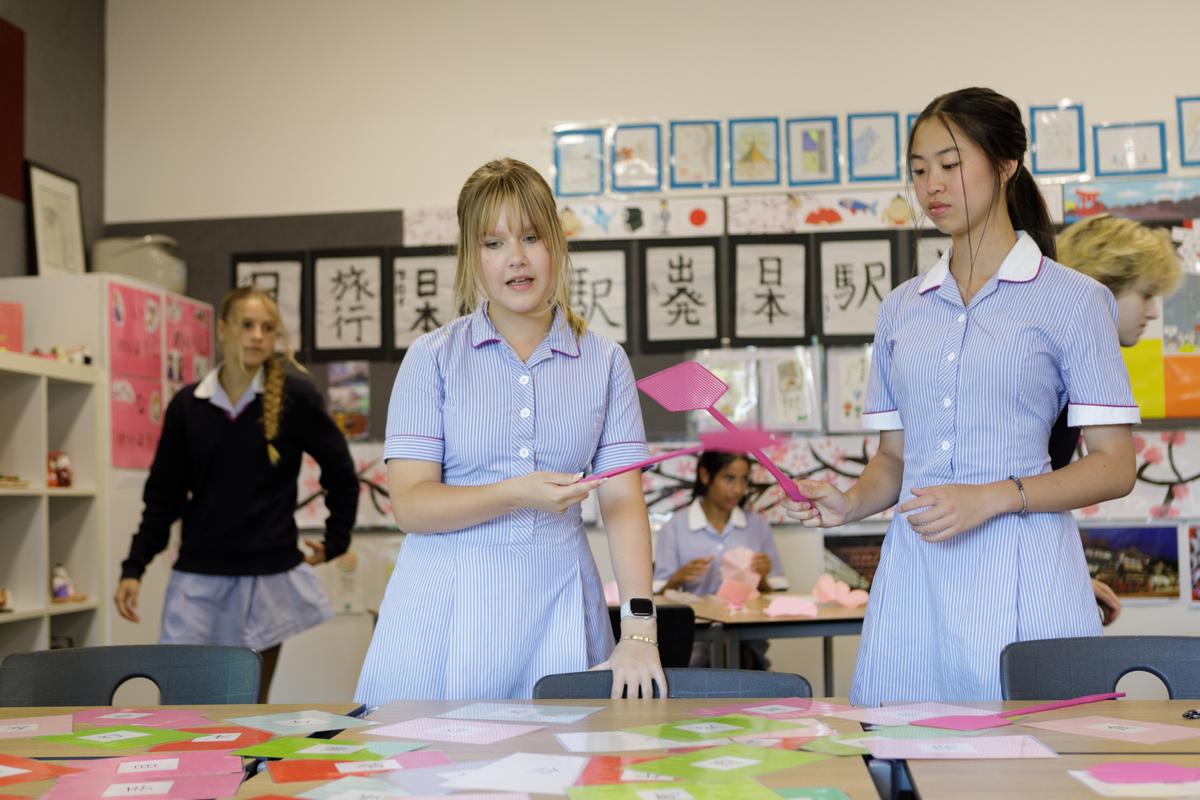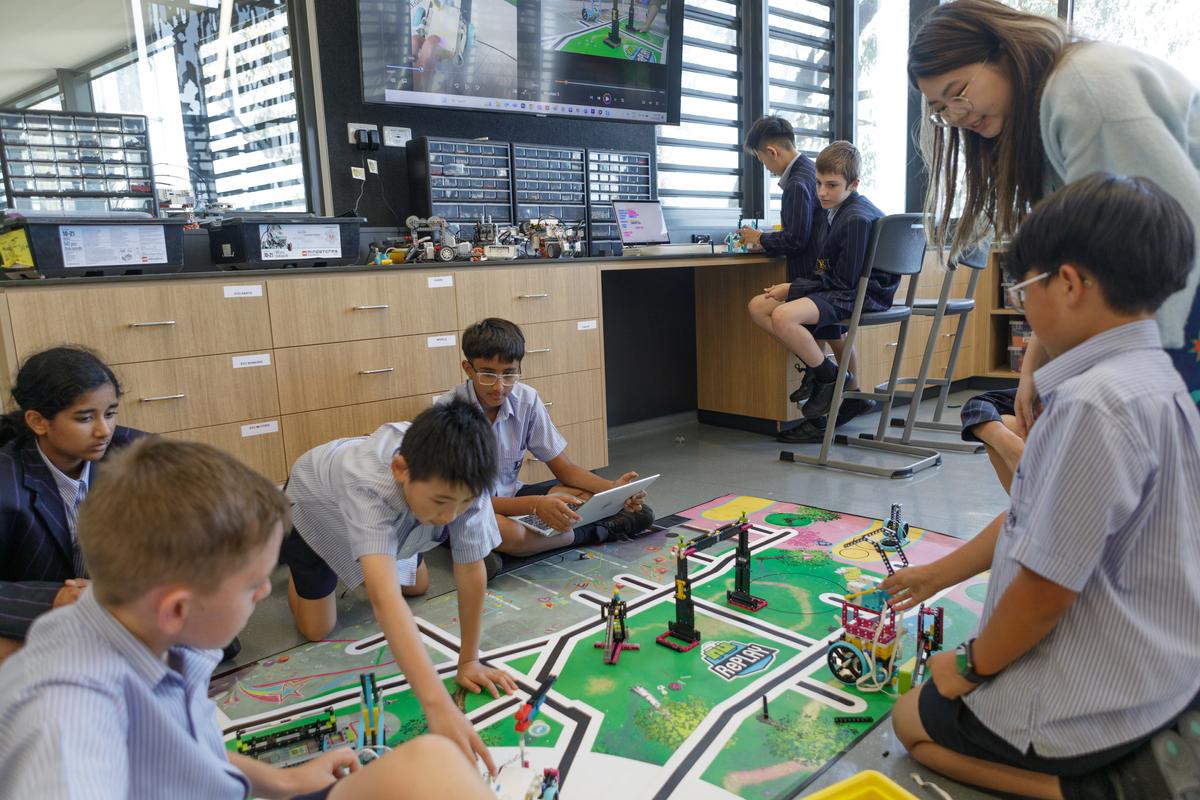From the Leadership Team
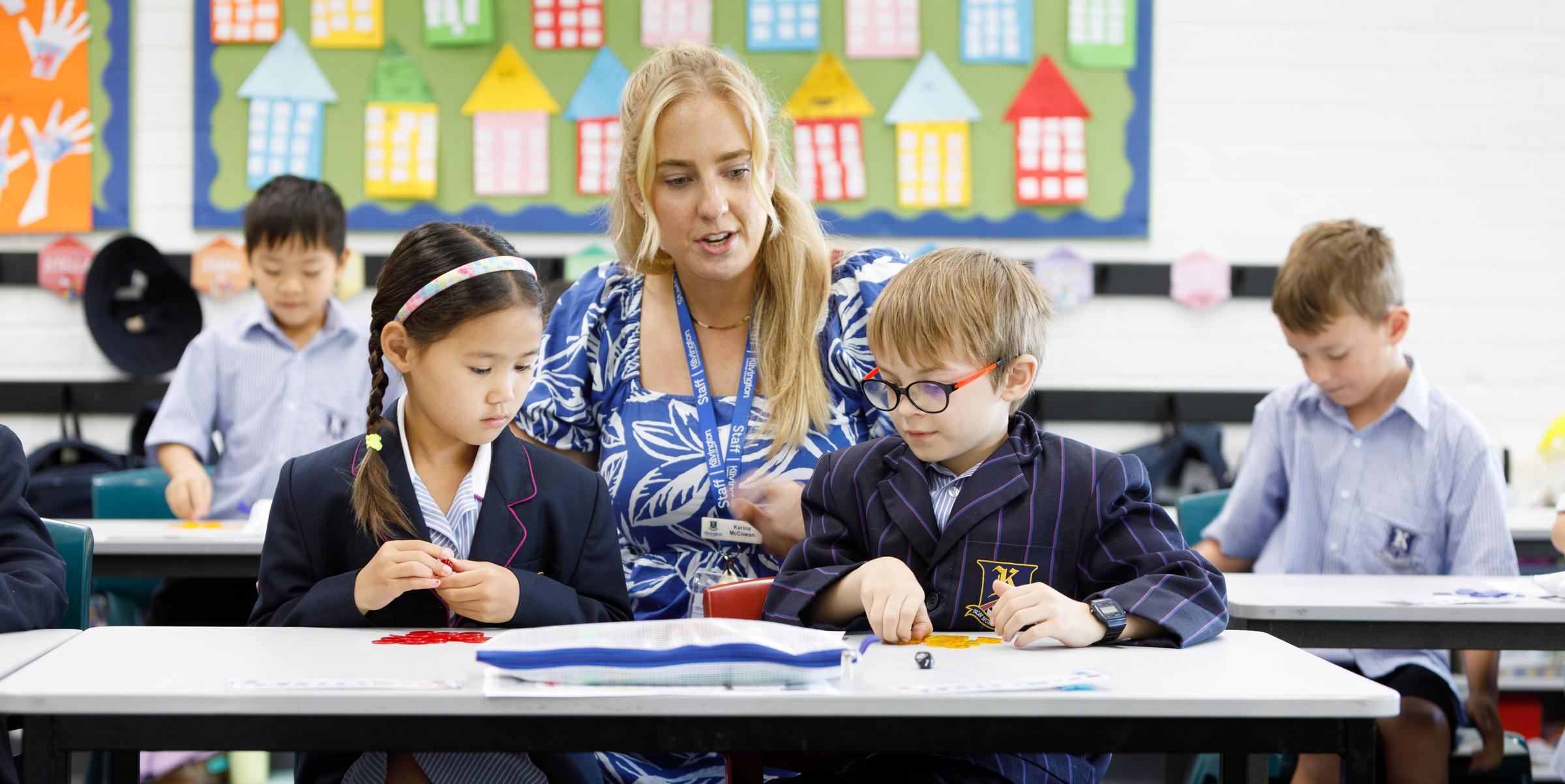
Karen Chandler, Deputy Head of Junior School
Education beyond knowledge acquisition
I believe a school is more than just a place to gain and test knowledge. As Kilvington’s founder, Caroline Barrett, stated in 1932:
‘A school should do more than impart knowledge — its aim should be to build character. If it does not impress upon its pupils some ideals of honour, duty and service, it has failed in the most important part of school life.'
At Kilvington, this philosophy continues to shape our approach to teaching and learning. We are well known for our commitment to nurturing the whole learner — fostering not only academic growth, but also developing positive dispositions and strong character.
LEARNING ACTIVELY
Across both our Junior and Senior Schools, Kilvington's instructional models emphasise active learning. Our teachers intentionally design learning experiences that go beyond content delivery — they aim to empower students to take ownership of their learning journey.
We are learning to be responsible for our own learning through choosing where we sit, who we sit with, and our own inquiry, such as designing a product for our entrepreneurship. Harrison Zhou, Year 6
We encourage our students to be active knowledge seekers and makers, not just passive absorbers and consumers of information.
Education, in our view, is not about filling minds, but transforming the way students think, question and understand the world. The quote attributed to Irish poet William Butler Yeats — 'Education is not the filling of a bucket, but the lighting of a fire' — reflects our commitment to sparking curiosity and inspiring wonder in every lesson.
We learn how to be resourceful and negotiate with one another. Our teachers ask questions of us when we ask questions — they make us think deeply. Millie Simpson, Year 6
This approach promotes students to become creators of their own learning — fostering important qualities such as collaboration, curiosity, agency, critical thinking, focus and persistence.
CONNECTING LEARNING ACROSS SUBJECTS
In the Junior School, teachers strive to build authentic connections across subject areas, a strategy known as transdisciplinary learning.
For example, Year 2s studying ‘Change Over Time’ in Humanities and Social Sciences inquire into how their local area has changed and why. This big idea links with mathematics through mapping skills, including reading and creating maps and coordinates.
By connecting subjects in this way, students learn to apply their knowledge in multiple contexts — broadening their understanding and developing stronger learning habits.
REAL-WORLD APPLICATION
In both the Junior and Senior School, our learning models promote curiosity and build essential knowledge, skills and concepts needed not only for classroom success, but also for future learning and real-world application.
Real-world learning requires more than knowledge; we also need confidence and resilience, especially when challenges arise. Students must learn to persevere through confusion, setbacks and unexpected difficulties. While school should be a safe and happy place, its core purpose remains learning.
We are making connections to real life experiences beyond school. A lot of our learning involves critical thinking and choice. Year 6 students
We focus not only what students are learning, but also how they learn, why it matters, and how to apply their learning in different contexts. Our goal is to help students develop the confidence, mindset and tools to problem-solve independently — to know what to do, when they don’t know what to do.
NURTURING LIFE-LONG LEARNERS
At Kilvington, we’re nurturing future-ready learners — students who are curious, capable and ready to take on whatever comes next. By building strong character, critical thinking and a lifelong love of learning, we’re helping our students to thrive — at school and beyond.
